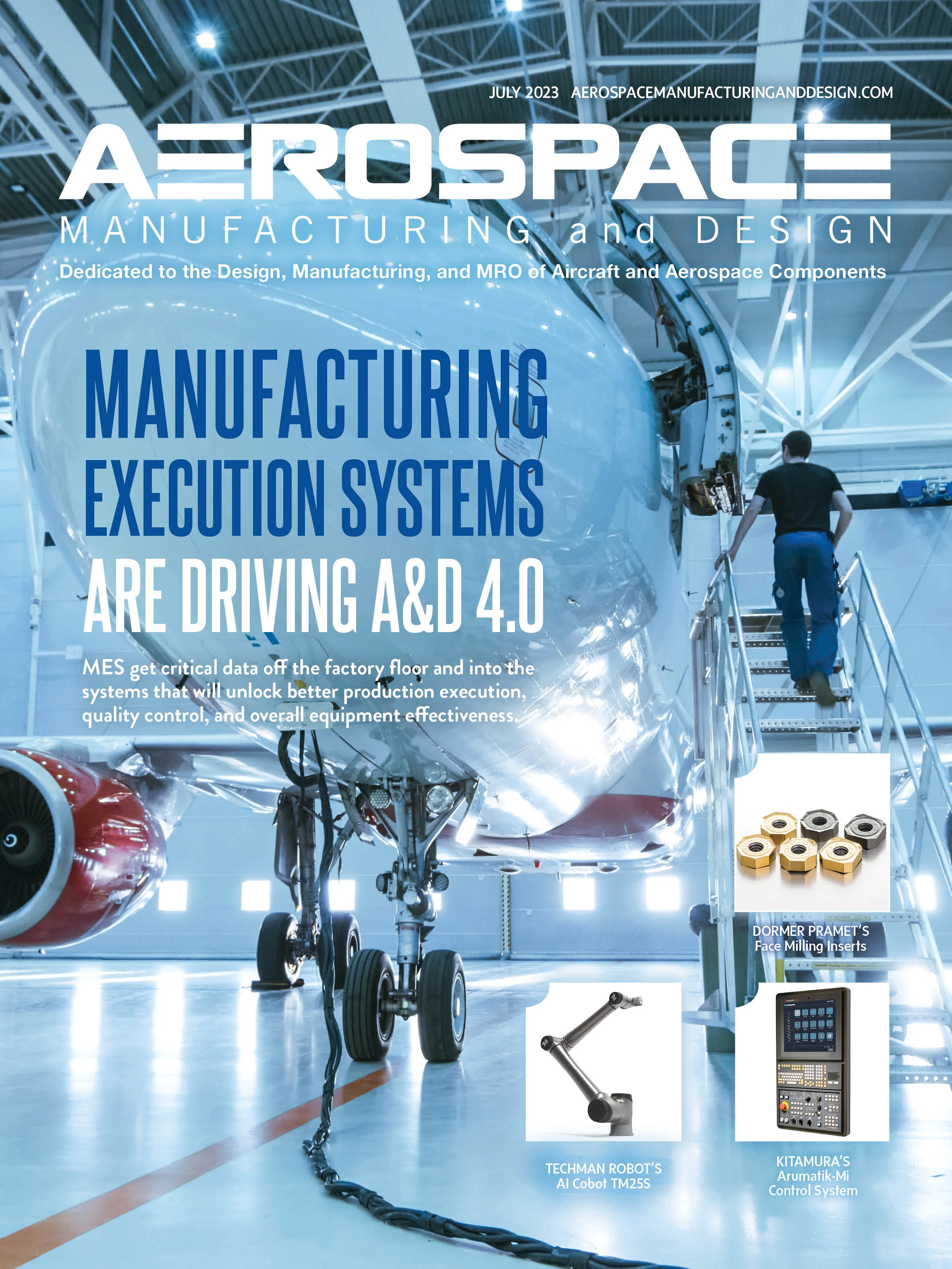

A Purdue University-connected startup could benefit airport and vertiport operators and real estate developers looking to establish advanced air mobility (AAM) technology at existing and potential sites.
Purdue University postgraduate students have launched Aerovy Mobility, a startup company commercializing cloud-based software solutions to plan and operate infrastructure that charges electric aircraft with renewable energy.
Nick Gunady, Aerovy Mobility’s CEO, says developments in battery energy technologies have improved enough to make electric propulsion technically feasible and economically viable. This includes urban air mobility, which uses electrical vertical takeoff and landing vehicles, and regional air mobility, which may use traditional aircraft configurations to travel greater distances.
“The advances in electric propulsion make travel significantly less expensive: Fuel costs are lower, and the aircraft may or may not be piloted. These are two of the biggest costs to airlines,” Gunady says. “There’s a huge potential with future mobility to spur economic development in underserved locations because of the reduced cost and difficulty to travel there.”
Gunady says, however, that the U.S. power grid isn’t ready to handle energy spikes related to charging electric-powered vehicles, especially during rush hour use. A paper presented at the 2022 AIAA Aviation Forum concluded trillions of dollars may be needed to enhance infrastructure that transmits and distributes electricity.
Aerovy Mobility is addressing those power grid limitations with its software solutions.
“The AATLAS planning software identifies locations that would attract the most demand so operators would be able to make back their investments quickly,” Gunady says. “It also assesses the expected usage over time, simulating charging events minute-by-minute throughout the day. We can size power generation and storage assets, which enables end users to reduce dependence on the grid.”
Gunady says Aerovy Mobility’s VEMS operational software automatically connects users with all their assets at infrastructure sites, including chargers and off-grid energy systems.
“Customers will have full control over their infrastructure site without physically needing to be there,” Gunady notes. “We’ve built automation tools to remotely connect with the aircraft, charge vehicles, minimize grid cost, and dynamically price without any user input.”
Aerovy Mobility recently established a partnership with Altaport, an automation software company based in Salt Lake City, Utah; Electro.Aero, an electric aviation charging technology company based in Perth, Australia; Greenstar Aviation Partners, an investment firm based in New York City; and Skyportz, a developer of vertiport infrastructure based in South Yarra, Australia.
It’s been in discussions with other original equipment manufacturers (OEMs), airports around the world, and major U.S. airlines. The company has several memorandums of understanding (MOUs) in place. Aerovy Mobility is looking to raise funds by the end of 2023.
“We’re looking to connect with companies and individuals with an interest in exploring electric infrastructure at existing airports or vertiport companies interested in identifying locations to place infrastructure, too,” Gunady says.
Purdue University

Explore the July 2023 Issue
Check out more from this issue and find your next story to read.
Latest from Aerospace Manufacturing and Design
- Revitalizing the Defense Maritime Industrial Base with Blue Forge Alliance
- Safran Defense & Space opens US defense HQ
- Two miniature absolute encoders join US Digital’s lineup
- Lockheed Martin completes Orion for Artemis II
- Cylinder CMMs for complex symmetrical workpieces
- University of Oklahoma research fuels UAS development
- Motorized vision measuring system
- Everyone's talking tariffs





